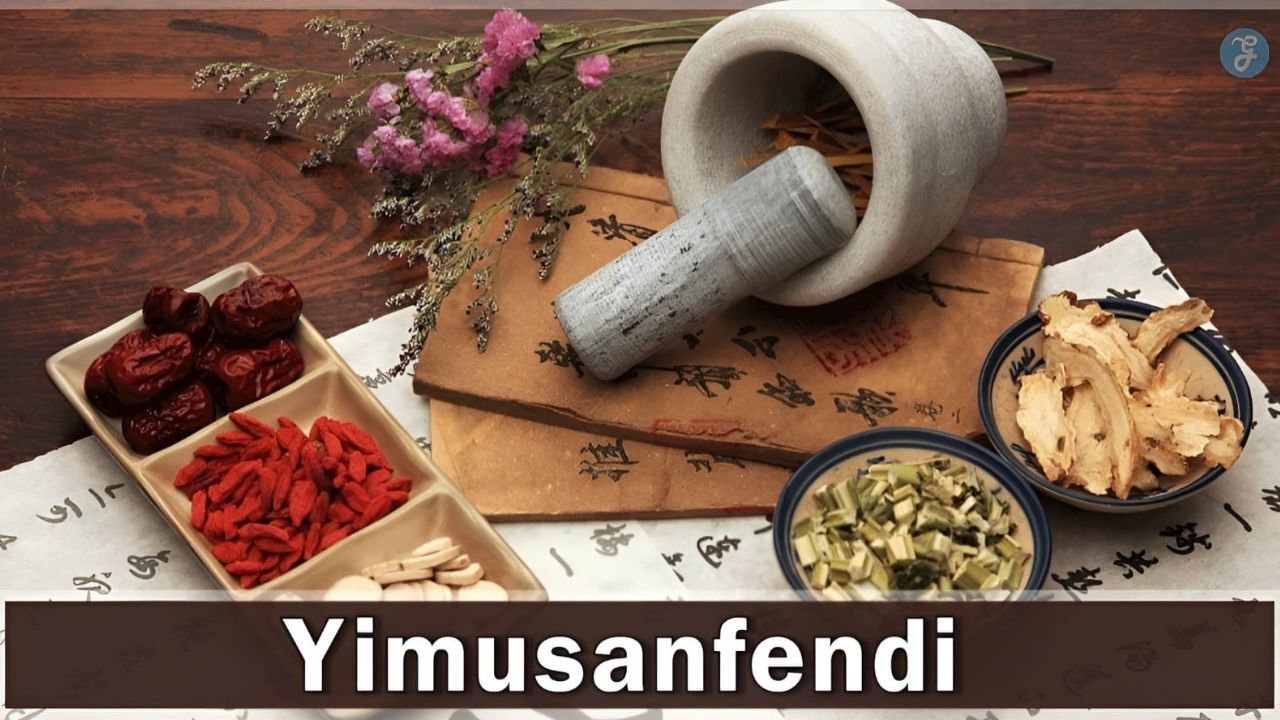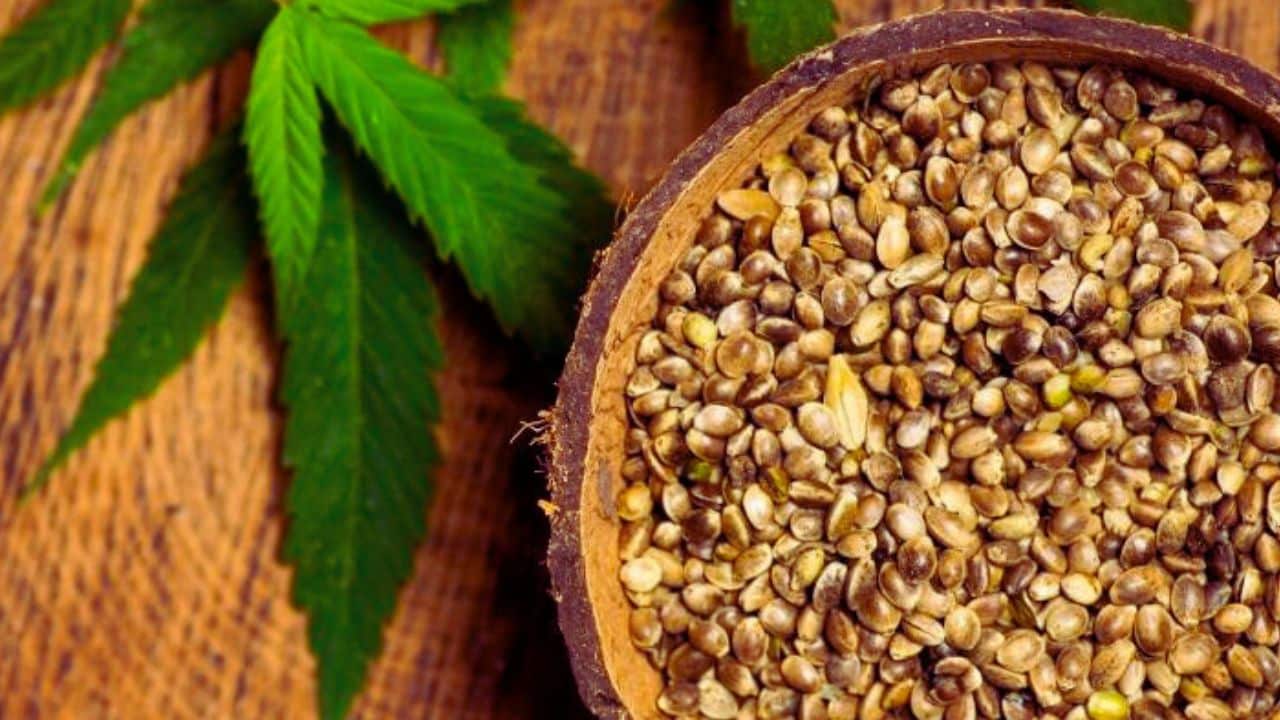Shipments of more than 3,50,000 tonnes of cooking oil to India are in jeopardy due to a raging war between Russia and Ukraine, with logistics and loadings stalled at various ports. India is the world’s largest customer of sunflower oil, importing up to 60% of its requirements. It is also the world’s greatest buyer of palm and soybean oils.
According to a Reuters story citing Sandeep Bajoria, head of the International Sunflower Oil Association, traders in the country had contracted imports of 5,50,000 tonnes of sunflower oil from Ukraine and Russia for deliveries in February and March.
While 1,80,000 tonnes of cooking oil were able to leave the ports, Bajoria stated that the status of the remaining cargo was unknown.
Nearly 80% of the world’s sunflower oil shipments come from Ukraine and Russia.
If the supply is affected, the possibility of a price hike in cooking oil in the country increases. Despite tax relief and mandated stockpile limits, consumer food costs climbed at the quickest rate in 14 months in January, hurting household finances for many. Prices have remained high due to a rise in global edible oil futures.
Until October of last year, India purchased 1.89 million tonnes of crude cooking oil, with Ukraine supplying 74% of it and Argentina and Russia each accounting for roughly 12% of the imports.
Due to supply concerns, global prices of vegetable oils, which are used for everything from baking cookies to frying potato chips to producing shampoo, have more than doubled in two years, with palm and soybean oils leaping to all-time highs this week.
With the situation between the two countries becoming more complicated by the day, western governments have warned that if the fighting continues, Kyiv may collapse.
Several cooking oil companies in Ukraine have ceased operations. Bunge Ltd. halted operations at two oilseed processing plants, Wilmar International Ltd’s joint venture shut down its vegetable oil operations in the country, and Archer-Daniels-Midland Co. shut down an oilseed crushing plant in Chornomorsk.
“There will be a shortage of sunflower oil all around the world, and prices will rise,” Bajoria told Reuters. He went on to say that Indian importers will wait about a week before switching to palm and soybean oil purchases to supplement domestic supply.
The ongoing conflict between Moscow and Kyiv is one of Europe’s biggest security crises since World War II. The Ukrainian delegation has agreed to meet with the Russian delegation for negotiations along the Ukrainian-Belarusian border, according to media reports.
Apart from this, you can also read Entertainment, Tech, and Health-related articles here: Firefly Lane Season 2, Harnaaz Sandhu Net Worth, SmallPDF, Dramacool, Squid Game Season 2, Joe Biden net worth, Crackstream, The Matrix 4, Goku, Kung Fu Panda 4, Leonardo DiCaprio net worth, Diabolik Lovers Season 3, Twitch Error 2000, Alyson Hannigan, Brent Rivera net worth, Emma Watson net worth, 444 angel number, 666 angel number, 1616 angel number, 777 angel number, 333 angel number, Dave Portnoy net worth, Messi net worth, Keanu Reeves net worth, The Equalizer 3, The 100 Season 8, Gina Carano net worth, Bruno Mars net worth, KissAnime, Jim Carrey net worth, PDF Drive, Youtbe, Bailey Sarian Net Worth, Bollyshare, Afdah, Moviezwap, Y8, Jalshamoviez, Project Free TV, Kissasian, Mangago, Jio Rockers, M4uHD, Hip dips, M4ufree, NBAstreams XYZ, CCleaner Browser review, Avocado Calories, Bear Grylls net worth, Highest Paid CEO, The 100 season 8, Sundar Pichai net worth, Grimes net worth, and, F95Zone.






































